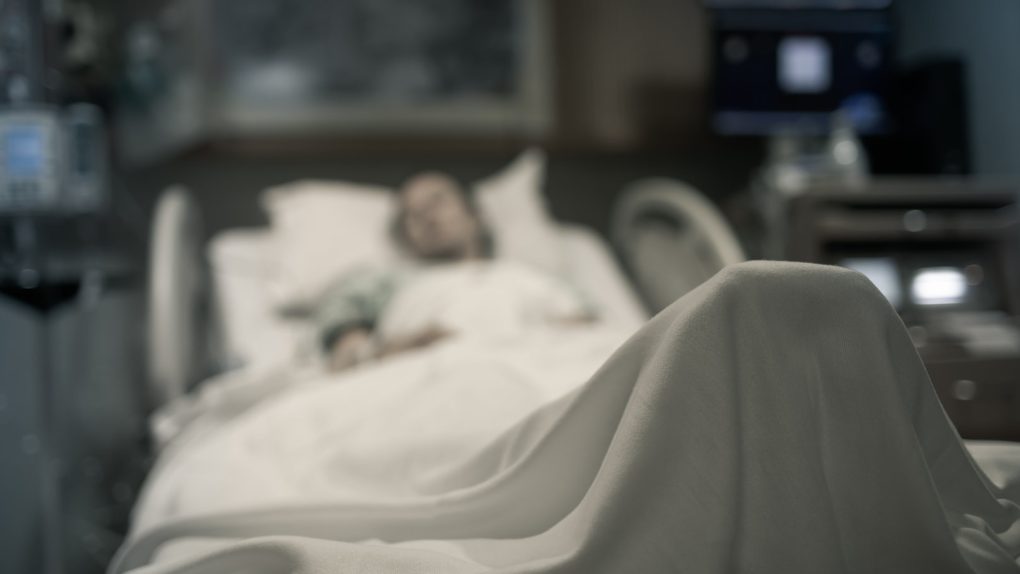- Coronavirus symptoms can linger even after clearing the virus, doctors warn.
- An unsettling study from Great Britain shows that 75% of coronavirus survivors continue to experience symptoms for months, including breathlessness, excessive fatigue, and muscle aches.
- Doctors have no idea what causes this so-called “Long COVID” condition, but they’re continuing to study the patients in an effort to come up with therapies that might alleviate these COVID-19 side-effects.
Dr. Anthony Fauci recently detailed a new coronavirus phenomenon that’s being observed in an increasing number of patients who recover from COVID-19. According to Fauci, symptoms can linger for months in as many as one-third of coronavirus patients. “We’d better be careful when we say ‘Young people who don’t wind up in the hospital are fine, let them get infected, it’s OK.’ No, it’s not OK,” Fauci said earlier this week. “In individuals who are young and otherwise healthy, who don’t require hospitalization but do get sick and symptomatic enough to be in bed for a week or two or three and then get better, they clear the virus – they have residual symptoms for weeks and sometimes months.”
Unsurprisingly, it’s not happening only in America. COVID-19 patients everywhere risk experiencing a condition that some refer to as “Long COVID.” A new study from Great Britain says that three out of four patients are still suffering from coronavirus symptoms a few months after clearing the virus. This further goes to show that the “If I get corona, I get corona” mentality is dangerous when dealing with COVID-19. There’s no guarantee you’ll make a complete recovery even if you do survive the virus.
A team of researchers from the Bristol Southmead Hospital is part of a project looking into the longer-term effects of the illness, Sky News reports. They studied 110 patients who were discharged from the hospital and found that 81 of them experienced COVID-19 symptoms for as long as as 12 weeks after recovery. That’s out of a larger cohort of 163 patients, 19 of whom died. Others did not attend the three-month checkup.
Breathlessness, excessive fatigue, and muscle aches are among the symptoms reported by convalescent patients, the report explains. Many people ended up struggling with regular day-to-day tasks like showering, dressing themselves, or going back to work.
Most of the patients reported improvements in the initial set of symptoms, including fever, cough, and loss of smell. Also, most of them did not develop significant lung complications like scarring of the lung tissue or reduced function. The lungs of patients who require oxygen therapy in the hospital showed modifications in specific tests, including scans of the lungs and spirometry, a test that measures the function of the lung.
The research will continue because the doctors do not have answers for patients whose quality of life has been significantly impacted by the virus. “There’s still so much we don’t know about the long-term effects of coronavirus, but this study has given us vital new insight into what challenges patients may face in their recovery and will help us prepare for those needs,” Dr. Rebecca Smith told Sky News.
People of any age can develop “Long COVID” symptoms, the report notes, offering an example from the medical community. Dr. Jake Suett, a 31-year-old doctor, survived COVID-19 and had no underlying medical conditions. Yet he’s also dealing with a variety of symptoms that appeared after the illness, including chest pain, breathlessness, blurred vision, memory loss, fever, and concentration problems.
“I still get out of breath doing the washing up or walking around the house, the NHS doctor said. “I spent three days just gasping for breath in bed, I really thought I was going to die, it was very distressing. Things have improved since then, but not much and only very, very slowly. I’ve had gastrointestinal symptoms and shooting pains in my hands and feet too.”
This isn’t the first time we’ve heard that some COVID-19 patients take a lot longer to get back to normal life after beating the illness. These people might test negative for the virus, but they’re still fighting those lingering symptoms. It’s unclear what sort of therapies would prevent complications like these. Needless to say, the easiest way to avoid them is to do everything in your power to avoid getting the infection.








